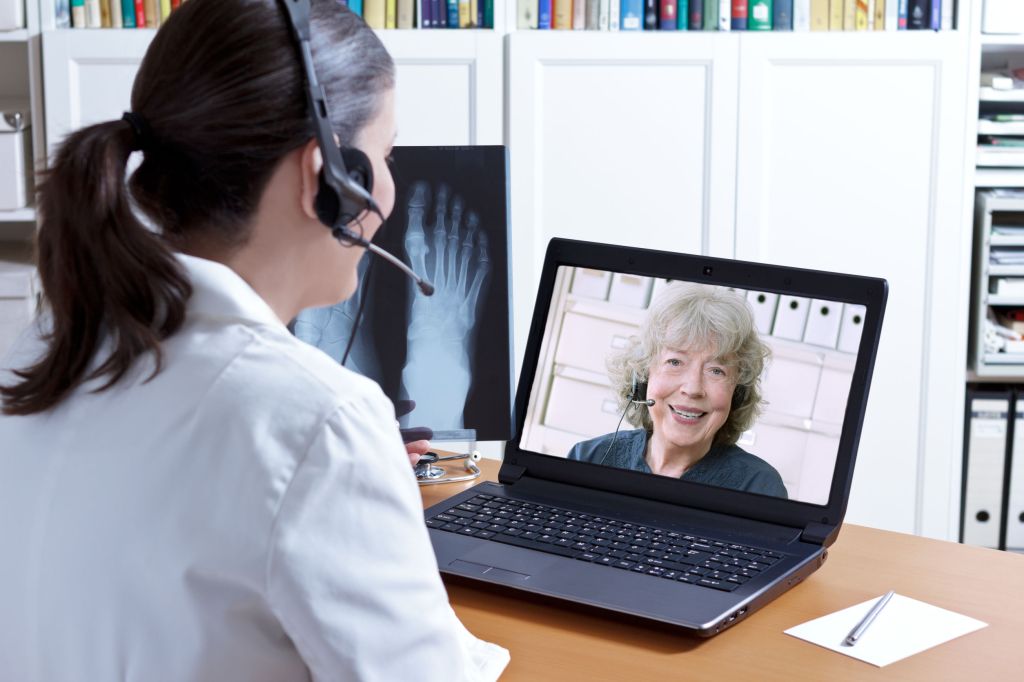The covid-19 pandemic has shown us how much health care is in need of not just tweaking but radical change. The pressure on global health systems, providers, and staff has already been increasing to unsustainable levels. But it also illustrates how much can be achieved in times of crisis: for example, China and the UK recently built thousands of extra beds in intensive care units, or ICUs, in less than two weeks. Health-care reform will need to spur a totally different approach to how care is organized, delivered, and distributed, which will be paramount in a (hopefully soon) post-covid-19 era. It’s the only way to deliver the quadruple aim of health care: better outcomes, improved patient and staff experience, and lower cost of care.
Jeroen Tas is chief information and strategy officer at Philips, and Jan Kimpen is chief medical officer.
What would this change look like? With enormous stress on health-care systems around the globe, it is more urgent than ever before to step up collaboration, information and knowledge sharing, and agility in the delivery of diagnostic, respiratory, and monitoring systems at scale. One of the most powerful ways to achieve this is by building the technology to collect, qualify, and analyze data in ways that quickly reveal patterns and hidden insights. It highlights the need for robust health-data infrastructures.
For example, in the Netherlands, Philips has partnered with Erasmus Medical Center, Jeroen Bosch Hospital, and the Netherlands Ministry of Health, Welfare and Sport to create an online portal that allows Dutch hospitals to share covid-19 patient information with one another. It ensures that a patient’s data is easily and securely transferred via the cloud from hospital A to hospital B. Being able to share patient data between hospitals at the touch of a button is vitally important to optimizing the use of health-care resources. It can, for example, assist in the seamless transfer of infected patients between hospitals to balance the load of critical-care units. Since its launch March 28, 95% of Dutch hospitals have already connected to the portal. In normal times this would have taken years.
How covid-19 is spurring the move to virtual care
A vital instrument for coping with a rapidly spreading infection like covid-19 is virtual care, or telehealth. With the large number of patients involved and the face-to-face risk of infecting other patients and staff, online consultations and remote patient management can provide valuable relief to the health-care system. Philips has made available a dedicated scalable telehealth application that facilitates the use of online patient screening and monitoring, supported by existing call centers. The application aims to prevent unnecessary visits to general practitioners and hospitals by remotely monitoring the vast majority of covid-19 patients who are quarantined at home. Patients infected with covid-19 can be assessed via smart questionnaires about their home situations and states of health. If intervention is needed in any particular case, clinicians will be notified and staff instructed.
During the current pandemic, where covid-19 occasionally results in severe pneumonia, we are seeing increasing numbers of patients requiring acute care in a hospital or an ICU. With numbers swelling to unmanageable proportions in many countries, health-care authorities face not only the challenge of limited numbers of ICU beds and ventilators but also staff shortages and burnout. Trained ICU doctors and nurses are already in short supply and repeated exposure to infected patients will increase their own risk of contracting the virus.
 With the large number of patients involved and the face-to-face risk of infecting other patients and staff, » Continua a leggere su TechnologyReview…
With the large number of patients involved and the face-to-face risk of infecting other patients and staff, » Continua a leggere su TechnologyReview…
